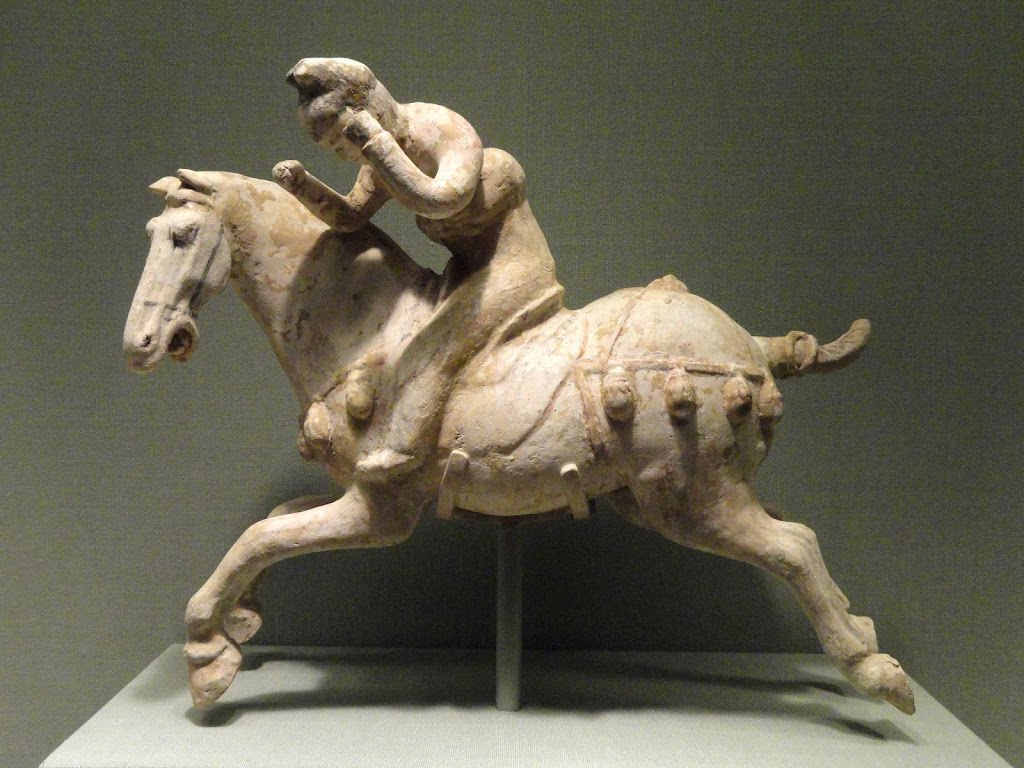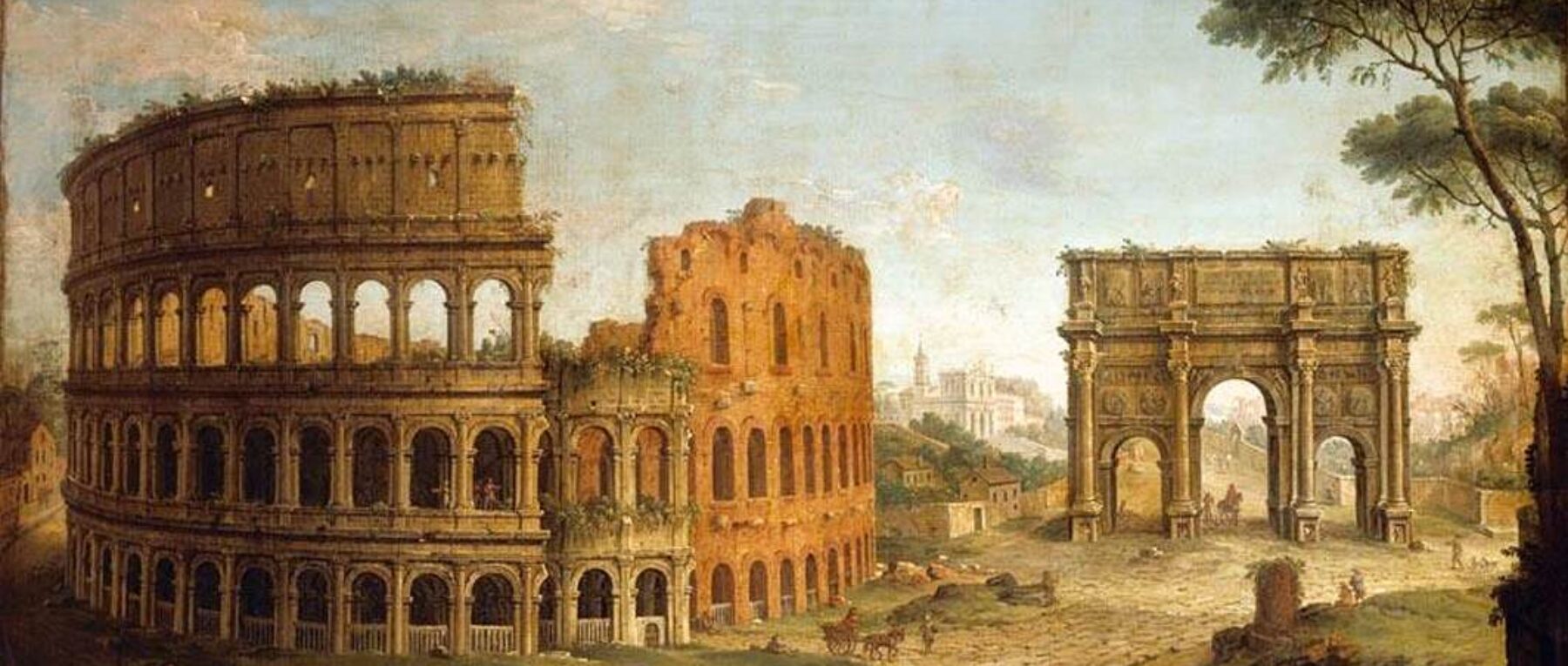
The Zhuangzi and the Important Lesson of Po Lo
What can the lesson of Po Lo teach us? No not the ancient equestrian sport of kings but Po Lo – the legendary character mentioned in The Zhuangzi, who ruined the nature of horses by domesticating them.
The Zhuangzi and Naturalism
The Chinese Taoist Philosopher Zhuangzi (or Chuang Tzu) (369 BC – 286 BC), used the story of Po Lo to illustrate the superiority of the natural over the artificial. This is referred to as Naturalism in Taoist thought and refers to the ‘natural state of things’ – not artificial, ultimately what follows Tao.
The image which best illustrates this point is perhaps the virgin or “uncarved block” of wood. This is described as a piece of wood that hasn’t yet been shaped by any tool, and so is natural, simple and therefore sincere.
Po Lo and the Domestication of the Horses
According to The Zhuangzi, before Po Lo came along and interfered with horses, they followed their own natural dispositions as nature had given them. In such a state they were content and had no need of stables or shelters. He says of them:
“Horses can with their hoofs tread on the hoarfrost and snow, and with their hair withstand the wind and cold; they feed on the grass and drink water; they prance with their legs and leap:– this is the true nature of horses. Though there were made for them grand towers and large dormitories, they would prefer not to use them.”
(Chuang Tzu, Legge Trans, Horses Hoofs, Book 9, 1
But then Po Lo came along saying that he knew how to ‘manage’ horses, thereby ruining their true nature with disastrous results. He says of Po Lo:
“But when Po-lâo (arose and) said, ‘I know well how to manage horses,’ (men proceeded) to singe and mark them, to clip their hair, to pare their hoofs, to halter their heads, to bridle them and hobble them, and to confine them in stables and corrals. (When subjected to this treatment), two or three in every ten of them died. (Men proceeded further) to subject them to hunger and thirst, to gallop them and race them, and to make them go together in regular order. In front were the evils of the bit and ornamented breastbands, and behind were the terrors of the whip and switch. (When so treated), more than half of them died.”
Can you Govern Mankind?
Likewise says Zhuangzi, those who attempt to govern Mankind make the same mistake as Po Lo. They forget that people, like horses, have their own natural dispositions given them by Nature, which are shared by all. In following their own natural dispositions, the people knew instinctively how to take care of themselves by providing themselves with food, shelter and warmth. He says of them:
“According to my idea, those who knew well to govern mankind would not act so. The people had their regular and constant nature:– they wove and made themselves clothes; they tilled the ground and got food. This was their common faculty. They were all one in this, and did not form themselves into separate classes; so were they constituted and left to their natural tendencies.”
(Chuang Tzu, Legge Trans, Book 9, 2)
Twas a Simpler Time before Po Lo
Later in the chapter, Zhuangzi makes reference to an earlier time when mankind lived free of Sagely burdens, living according to Nature or Tao – what he terms the ‘Age of Perfect Virtue’. He writes of a simpler time when people lived a self-sufficient life in harmony with the natural world, where no paths or roads cut across the landscape and people lived in small settlements almost in earshot of one another.
But then, Zhuangzi says, the sagely men (similar to Po Lo) appeared on the scene and began confusing people with benevolence and duty to one’s neighbour, with the result that people became confused and lost their way, abandoning Tao.
Were Tao not abandoned, who could introduce charity and duty to one’s neighbour? Were man’s natural instincts his guide, what need would there be for music and ceremonies?”
(Chuang Tzu, H.A. Giles Trans, Chap 9)
The point of course being that, had people not lost their connection to the Way or Tao, there would have been no need for the sagely teachers to insert themselves and attempt to instruct people in charity and duty to one’s neighbour. For simply, people already had it when they were in accord with the Tao, and therefore talk of charity and duty to one’s neighbour was unnecessary.
The Story of Po Lo is both amusing and interesting and was used to reproach the Confucian rites and ceremonies of the time. Nevertheless, it points to an important lesson for those who attempt make natural things conform to artificial patterns rather than allowing them to follow what is Natural and therefore in accord with Tao.
Sources:
https://www.gutenberg.org/files/59709/59709-h/59709-h.htm#Page_119
Giles, Herbet A., tr. Chuang Tzu: Mystic, Moralist, and Social Reformer. Aubrey Lackinton Moore, London. Bernard Quaritch, 1889.
http://nothingistic.org/library/chuangtzu/chuang23.html (Legge Translation)

